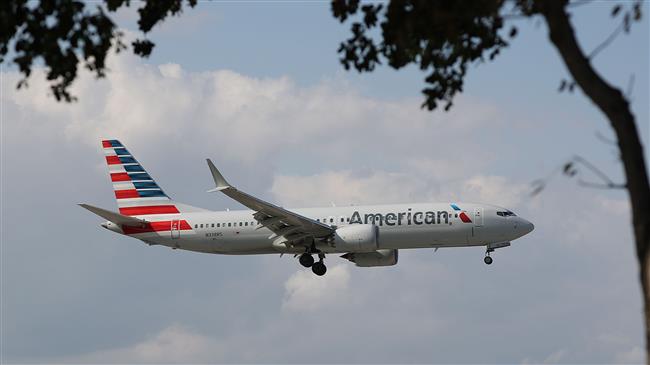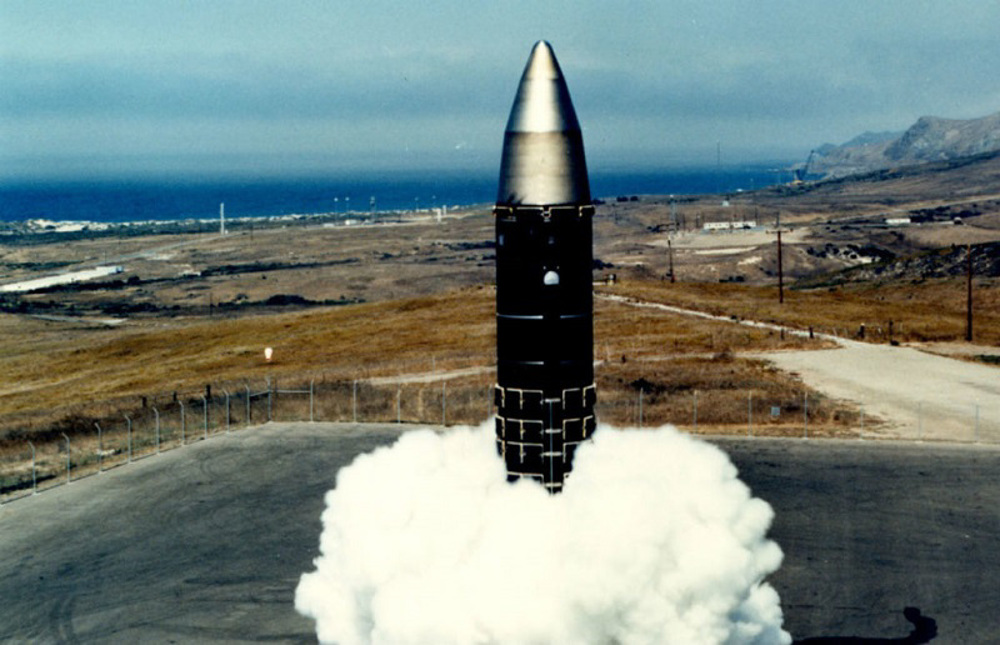More countries, airlines suspending Boeing 737-8 fleet after Ethiopia crash
More countries and airlines join the wave of suspensions of Boeing 737 MAX 8 following a recent crash of the model in Ethiopia, which claimed 157 lives.
The European Union’s aviation safety agency (EASA) on Tuesday suspended the operation of Boeing 737-8 and 737-9 planes in the 28-member bloc.
An Ethiopian Airlines 737 MAX 8 en route from Addis Ababa to the Kenyan capital of Nairobi crashed a few minutes after take-off on Sunday, killing everyone on board, most of them foreign nationals.
The tragedy, the second of its kind in less than six months, soon prompted countries around the globe to discontinue Boeing 737 MAX 8 flights, with China and Ethiopia taking the lead.
That followed the October 2018 crash of a new Lion Air jet of the same model in Indonesia, which killed 189 people shortly after takeoff from Jakarta.
Among those who have grounded the aircraft are Aeromexico, Mexico’s flag carrier airline, Australia’s Civil Aviation Safety Authority, Brazil’s Gol Airlines, Cayman Airways of the Cayman Islands, South African carrier Comair, Russian S7 Airlines, Fiji Airways and Germany’s TUI Group, the world’s largest leisure, travel and tourism company.
Furthermore, Switzerland, Norway, India, Mongolia, Singapore and South Korea have suspended the use of Boeing 737 MAX 8 planes.
New Zealand and Vietnam also joined the list of countries that have either grounded the planes or closed their airspace to them.
In the Middle East, Kuwait, the United Arab Emirates, Oman and Turkey temporarily banned the planes.
Despite growing safety concerns, the US aviation regulator said it saw no reason to ground the planes and that a review “shows no systemic performance issues and provides no basis to order grounding the aircraft.”
The cause of the crash is yet to be determined; the pilot, however, had reported technical difficulties and asked for clearance to turn back to the Ethiopian capital before the incident, Ethiopian Airlines said.
There are some 350 Boeing 737 MAX 8 planes currently in service around the world.
‘Ghost town’: 70% of Jabalia buildings destroyed by Israel
Mother’s Day: Sareh Javanmardi’s inspiring journey as Paralympic champion and mother
Russia downs over 40 Ukrainian drones as Putin vows 'destruction' on Kiev
VIDEO | Yemen: A bone in Israeli neck
D-8’s role in Iran’s economy after Cairo summit
China slams US as ‘war-addicted’ threat to global security
China ‘firmly opposes’ US military aid to Taiwan
VIDEO | Press TV's News Headlines












 This makes it easy to access the Press TV website
This makes it easy to access the Press TV website